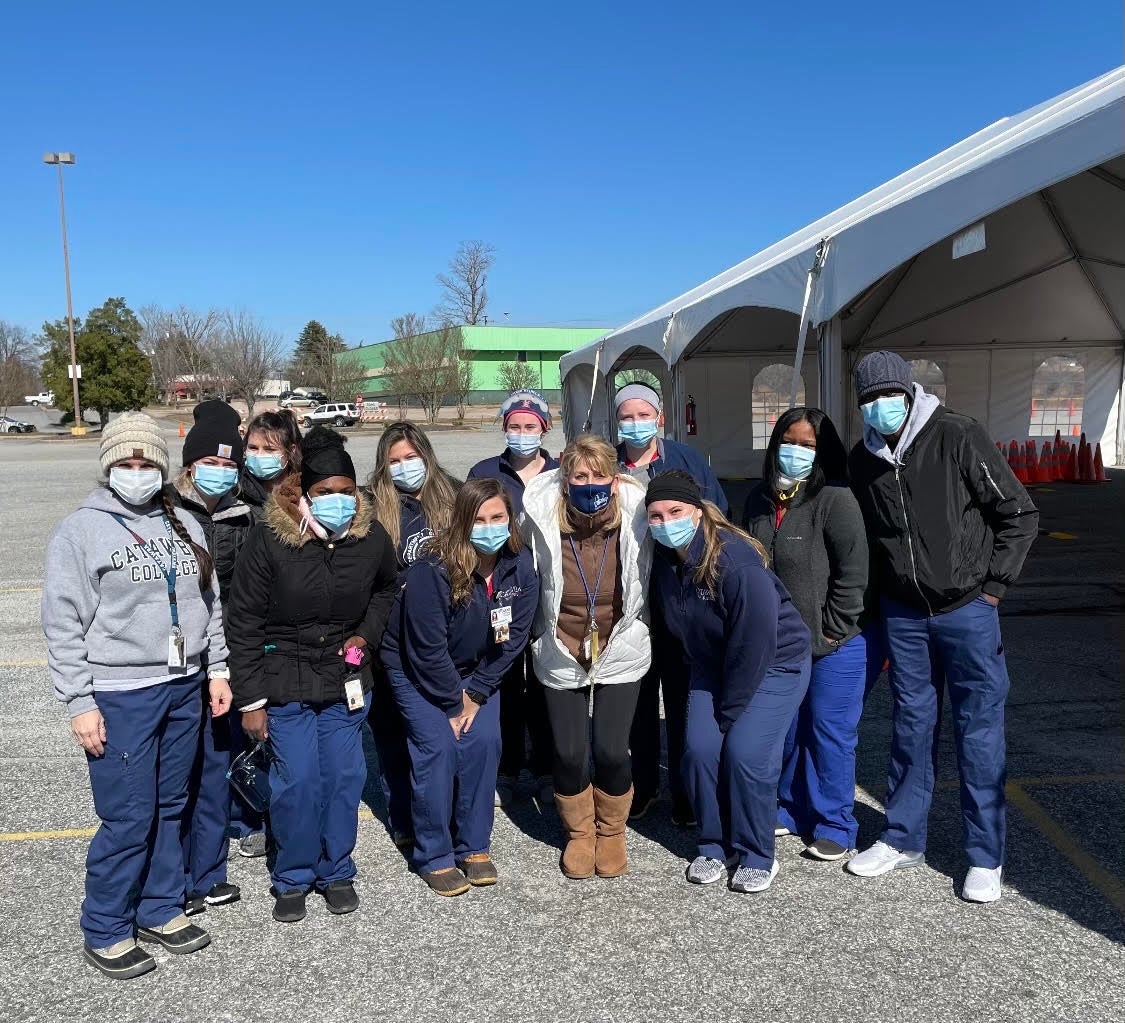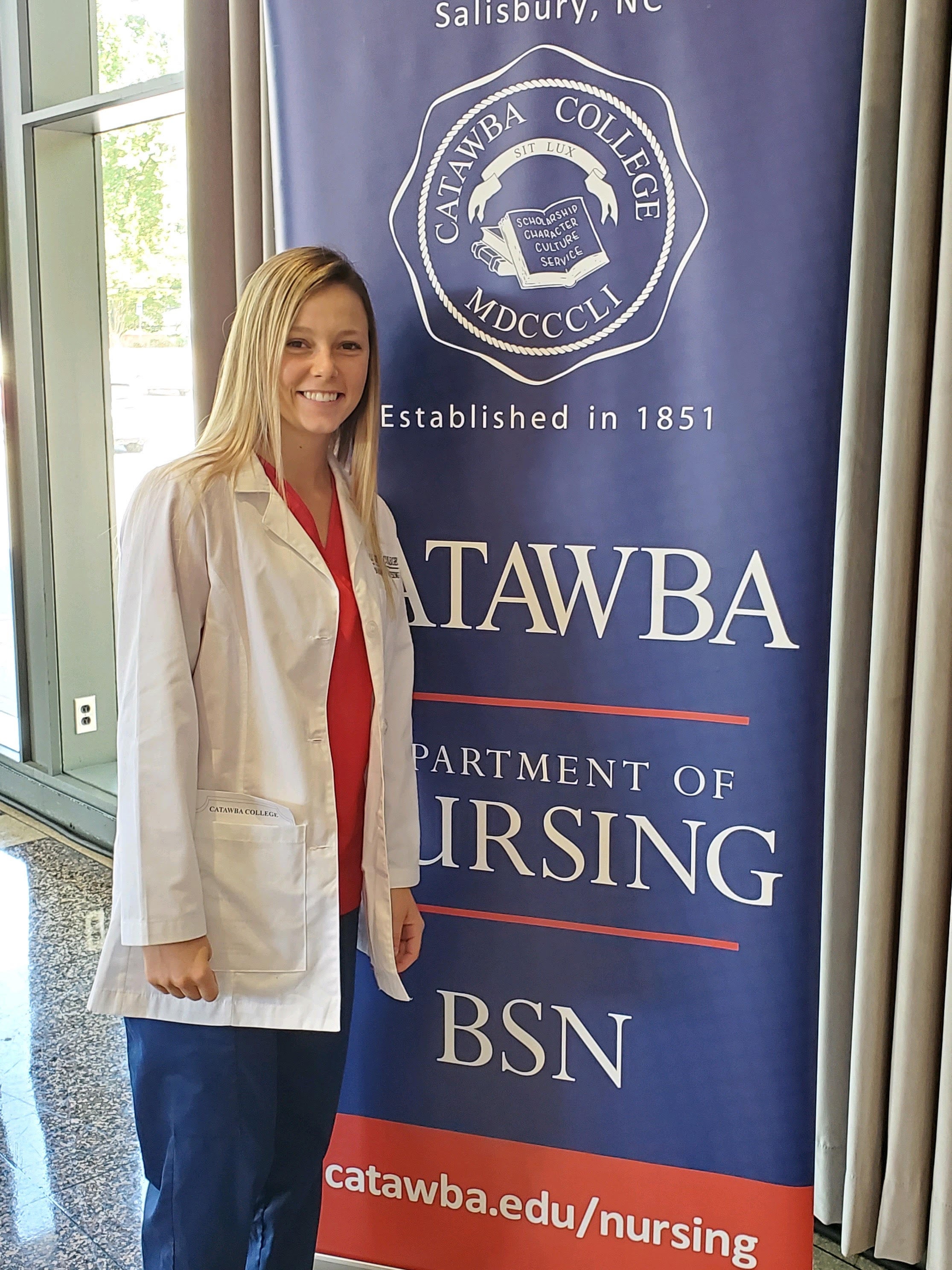Local nursing students maneuver through hurdles during pandemic
Published 12:05 am Thursday, April 8, 2021
SALISBURY – Health care is a difficult field in a good year, and caring for patients during a pandemic has not made things easier.
At Catawba College, nursing students have still been doing clinical rotations as they move toward graduating and entering the field at a tumultuous time.
Students must apply to the program from within Catawba after completing basic coursework like anatomy and physiology, microbiology and chemistry. Once admitted, students will complete clinical rotations, visiting health care centers and working with patients. The program graduated 15 nurses last year.
Kasey Rowden, a senior at Catawba, said being a nursing student for the past year has been “pretty rough.”
Rowden said the pandemic has limited some of the hands-on experience students would normally get. Before the pandemic, she was visiting the hospital two times a week. When everything shut down last March, clinical rotations stopped.
When it was clear the pandemic was not going away, professors worked out a plan to restart clinicals and include more classroom simulation. Rowden said students were able to complete all of their 10- and 12-hour shift requirements.
“That was so helpful,” Rowden said.
Rowden has spent her pandemic clinical rotations in the intensive care unit at Rowan Medical Center. She has worked with dying COVID-19 patients who have not been able to see their families.
Rowden did not see death during her junior clinical rotations. This year, she’s had several people die during the eight shifts she has finished so far.
She said the experience has been rewarding because the hospital staff are the people who have been there for those who do not make it. To continue learning and teaching in this environment shows the quality of the faculty and students at Catawba, she said.
Richard Ajwang, another Catawba senior, described working in the emergency department and at the hospital and seeing people deteriorate after arriving with shortness of breath. One patient arrived and within hours had to be intubated in the ICU.
“It is not ideal or expected, but definitely there are lessons to be learned,” Ajwang said. “Going into the nursing profession, you need to be versatile. Things change instantly and you need to adapt. Most recently the situation has made me want to become a nurse and be able to help out more.”
Ajwang is from Kenya. He said COVID-19 variants being discovered frighten him because the services available in the U.S. are not available everywhere. Being vaccinated or even tested in Kenya, a country of more than 50 million people, is expensive and care is simply not as available there. It’s the same in many other countries where there are fewer resources.
“Here you can walk into any walk-in or drive-thru clinic and get tested for free,” Ajwang said, adding most people in Kenya are not able to afford the cost of vaccination.
Ajwang said he is both excited and nervous to be graduating during the pandemic.
“There is a lot of uncertainty,” Ajwang said.







